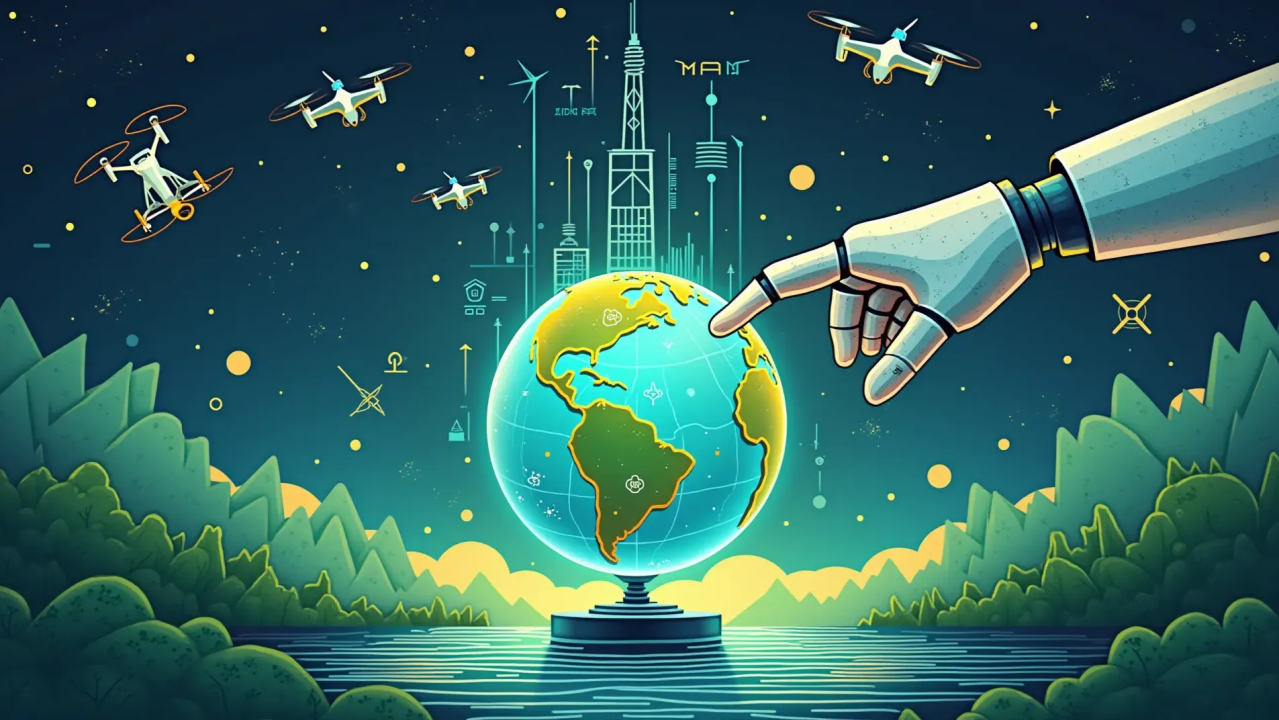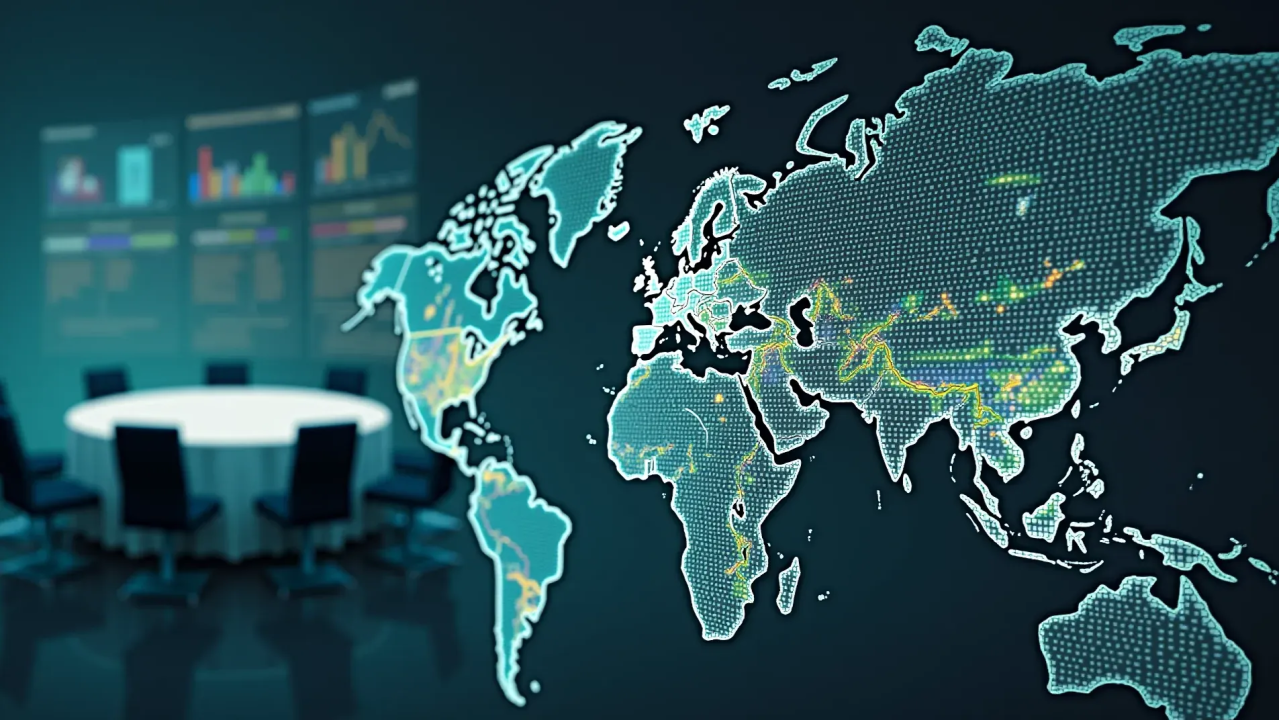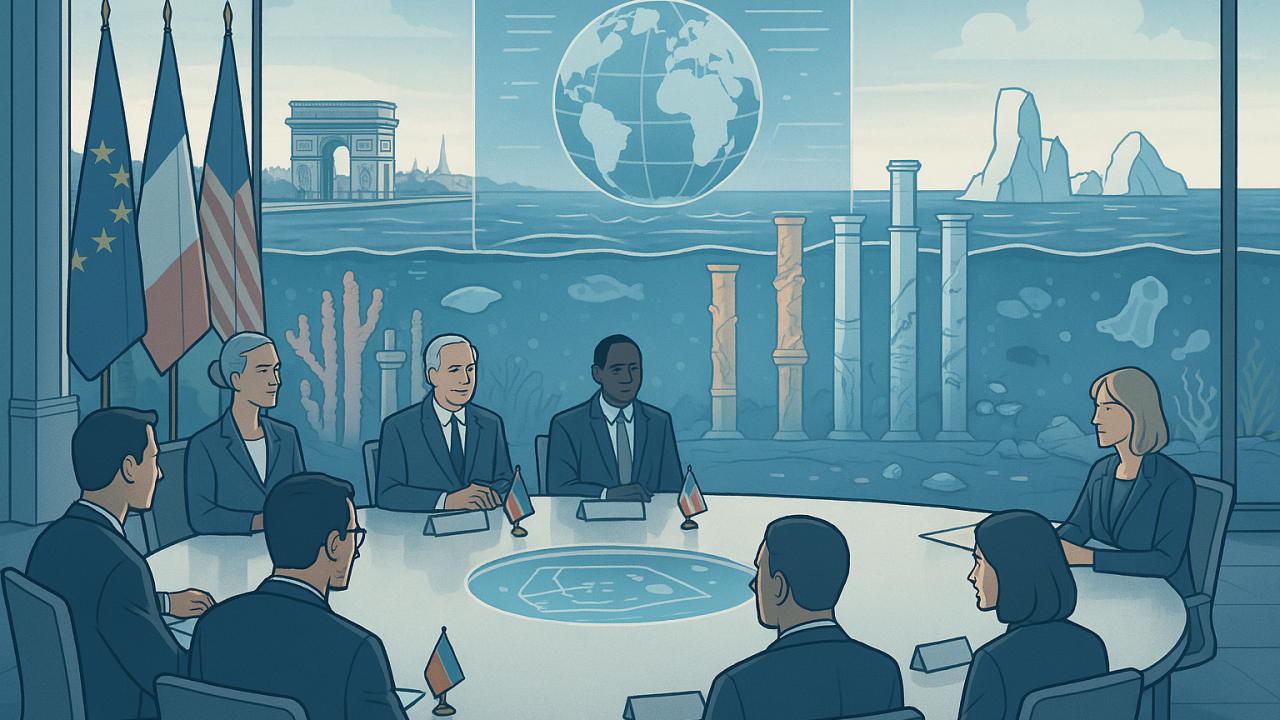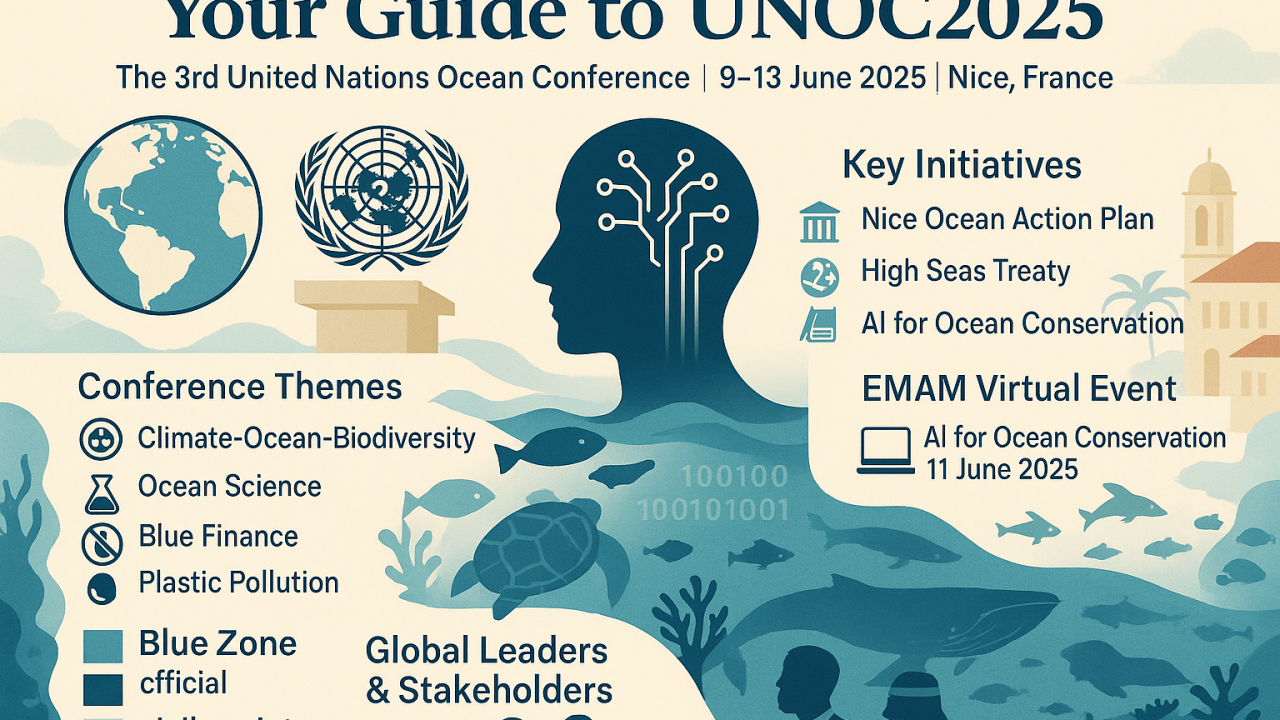Introduction
Climate change is one of the most pressing global challenges, requiring coordinated efforts from governments, international organizations, and civil society.
Climate diplomacy is the process of negotiating and implementing policies to address climate change has traditionally relied on political dialogue and multilateral agreements. However, the advent of data science, artificial intelligence (AI), and big data analytics is revolutionizing climate diplomacy by enhancing transparency, precision, and decision making. By integrating data-driven insights, climate negotiations and policy frameworks can become more effective, accountable, and responsive to the evolving climate crisis.
1. Data Science as a Catalyst for Evidence Based Climate Negotiations
One of the biggest challenges in climate diplomacy is ensuring compliance with international climate agreements, such as the Paris Agreement. Data science enables real time tracking and verification of greenhouse gas (GHG) emissions through satellite imagery, remote sensing, and AI-powered analytics. By analyzing historical and real-time climate data, policymakers can assess the effectiveness of existing climate policies and adjust their strategies accordingly.
For example, AI driven models are being used to monitor carbon emissions and predict future trends with high accuracy, helping diplomats and policymakers make data backed commitments that align with scientific realities (Nature, 2024).
2. AI-Driven Climate Modeling and Predictive Analytics
AI and machine learning are transforming climate modeling by enhancing the accuracy and granularity of climate predictions. Traditional climate models rely on complex equations and historical data, but AI driven approaches analyze vast datasets in real time, allowing for more precise climate projections. These insights are crucial for diplomats and negotiators working on climate adaptation and mitigation policies.
Studies show that AI enhanced climate models have significantly improved the ability to predict extreme weather events, such as hurricanes, droughts, and heatwaves, which play a critical role in shaping climate negotiations and disaster preparedness strategies (AI and Ethics, 2023).
3. The Role of Big Data in Climate Diplomacy
Big data analytics is playing an instrumental role in shaping international climate policies by offering a more comprehensive view of global environmental trends. Governments and climate organizations are utilizing big data to monitor land-use changes, deforestation, ocean acidification, and biodiversity loss. These insights allow policymakers to identify emerging environmental threats and respond proactively.
Furthermore, international bodies such as the United Nations (UN) and the Intergovernmental Panel on Climate Change (IPCC) are increasingly relying on big data to assess global climate risks and measure the effectiveness of international agreements (Frontiers in Environmental Science, 2021).
4. Social Media Analysis: Understanding Public and Diplomatic Climate Narratives
Climate diplomacy is not only influenced by policymakers and scientists but also by public perception and media narratives. Social media platforms have become critical arenas for climate discussions, with activists, policymakers, and the public engaging in debates about climate action. Data science techniques, such as natural language processing (NLP) and sentiment analysis, enable researchers to analyze global conversations on climate change.
By mapping key actors and narratives in climate discourse, diplomats can better understand public concerns, tailor their messaging, and build stronger climate coalitions (PLOS Climate, 2023).
5. Open Data and the Future of Climate Governance
The availability of open climate data fosters international cooperation and knowledge sharing. Many organizations, including NASA, the European Space Agency (ESA), and the World Bank, are investing in open access climate databases that enable researchers, policymakers, and negotiators to access real time environmental data.
Transparent data governance is essential to ensure that climate policies are informed by accurate, reliable, and up to date information. Open data frameworks also enable independent verification of national climate commitments, reducing the risk of misinformation and noncompliance (Nature, 2022).
Conclusion: A Data-Driven Future for Climate Diplomacy
As climate challenges grow more complex, integrating data science into climate diplomacy is no longer optional it is essential. AI, big data analytics, and machine learning are transforming the way climate policies are negotiated, implemented, and monitored. These technologies provide policymakers with precise, evidence-based insights, enabling more effective climate action on a global scale.
To maximize the potential of data-driven climate diplomacy, governments, research institutions, and international organizations must invest in cutting edge climate data initiatives. By fostering collaboration and leveraging technology, the global community can build a more resilient and sustainable future one where climate diplomacy is driven by science, innovation, and accountability.
References
- NATO is boosting AI and climate research as scientific diplomacy remains on ice. (2024). Nature. Read
- The Applicability of Big Data in Climate Change Research: The Importance of System of Systems Thinking. (2021). Frontiers in Environmental Science. Read
- Who talks about climate, peace, and security? A social media analysis to map the debate. (2023). PLOS Climate. Read
- Climate change and artificial intelligence: assessing the global research landscape. (2023). AI and Ethics. Read
- Climate data need shared and open governance. (2022). Nature. Read



